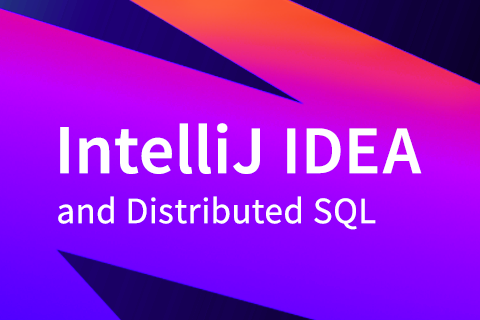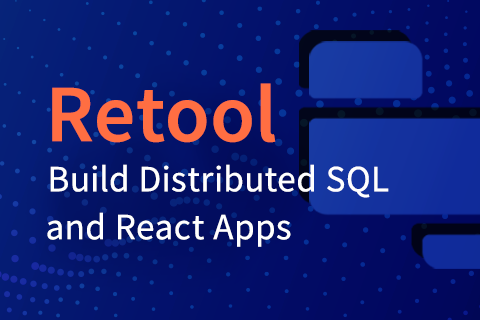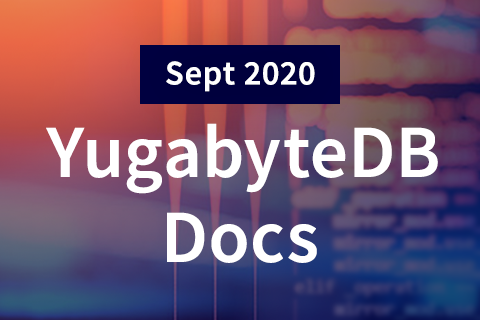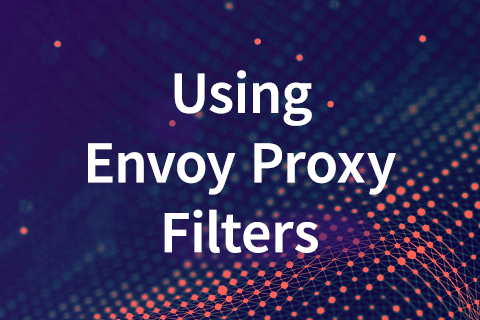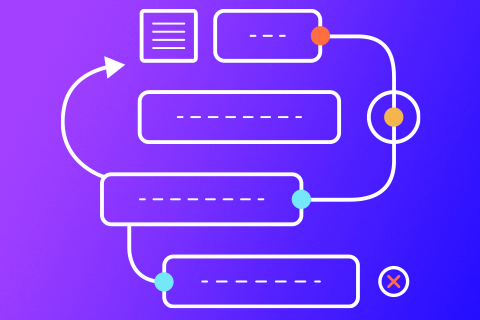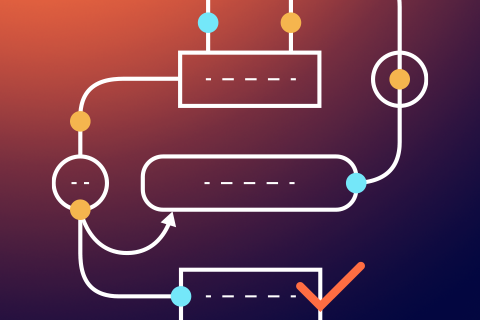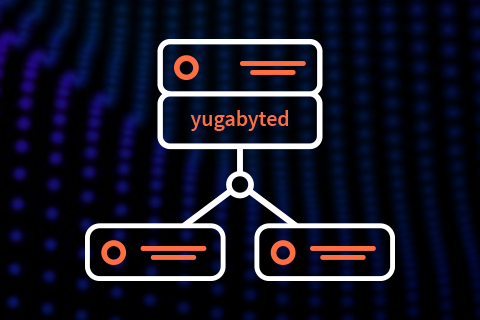Getting Started with IntelliJ IDEA and Distributed SQL
IntelliJ IDEA is a popular integrated development environment (IDE) written in Java for developing software. It is developed by JetBrains and is available as an ache 2 licensed community edition and in a proprietary commercial edition. IntelliJ supports a variety of datasources within their IDE. Because YugabyteDB is PostgreSQL compatible, most third-party tools and apps will work “out of the box.” IntelliJ is no exception here.
In this blog post we’ll walk you though the following steps:
- Install a 3 node YugabyteDB cluster on Google Kubernetes Platform
- Install the Northwind sample database
- Configure IntelliJ to work with YugabyteDB
- Test out some basic IntelliJ database features with YugabyteD
Step 1: Install YugabyteDB on a GKE Cluster using Helm 3
In this section we are going to install YugabyteDB on the cluster.
…
